Research
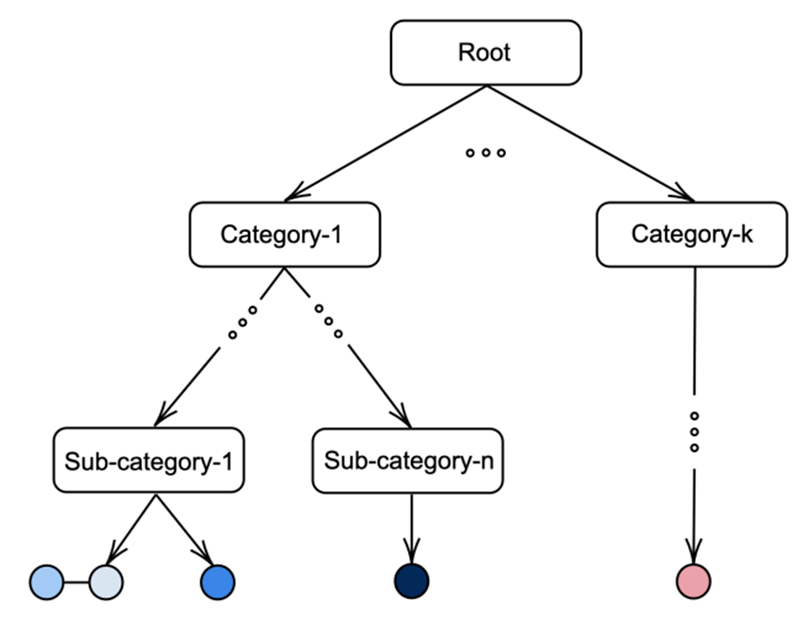
May '23 - Present
Hierarchical Entity Linking
Guide: Prof. Cassie Mitchell, Pathology Dynamics Lab, Georgia Tech
Propose a novel approach for capturing the hierarchical intricacies of entities in the entity linking process, aiming to enhance the overall effectiveness and accuracy of the linking mechanism.
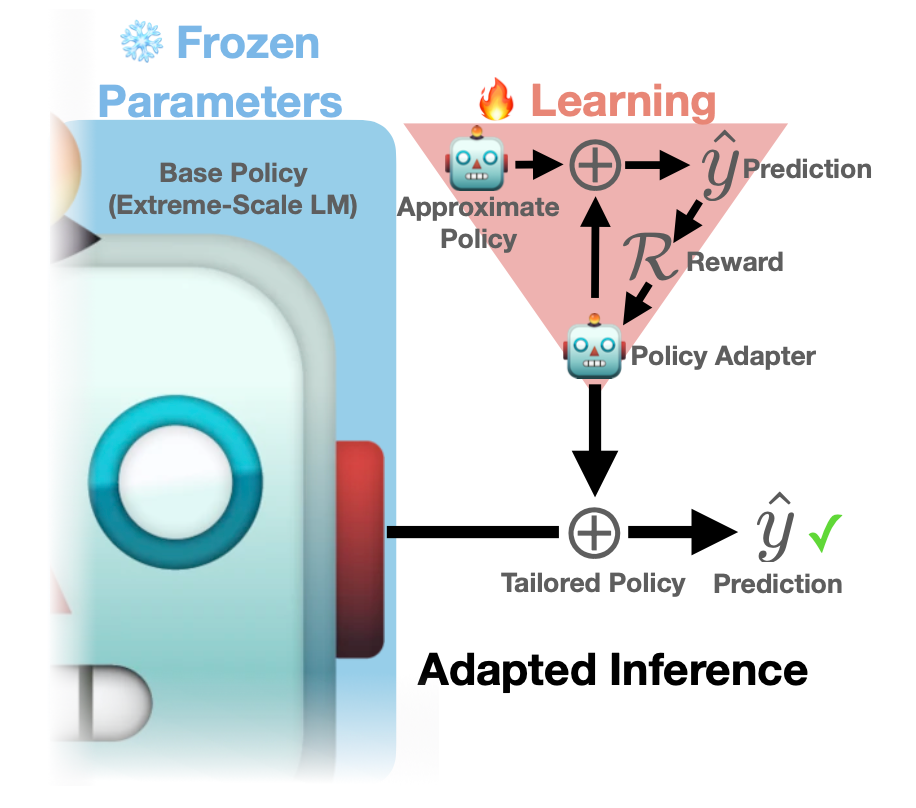
Sept '23 - Jan '24
Controlled Text Generation at Inference Time (COGIT): Efficiently Tailoring Large Language Models with Policy Adaptors
Guide: Jie Hao, Zhongkai Sun, Sawyer(Wei) Shen, Amazon Alexa AI
Large Language Models (LLMs) excel in language tasks with examples, but their control through prompts has inherent limitations.
In this work, we introduce Controlled Text Generation at Inference Time (COGIT), which combines a large base Language Model’s output distribution with that of a smaller-sized model (an adapter policy).
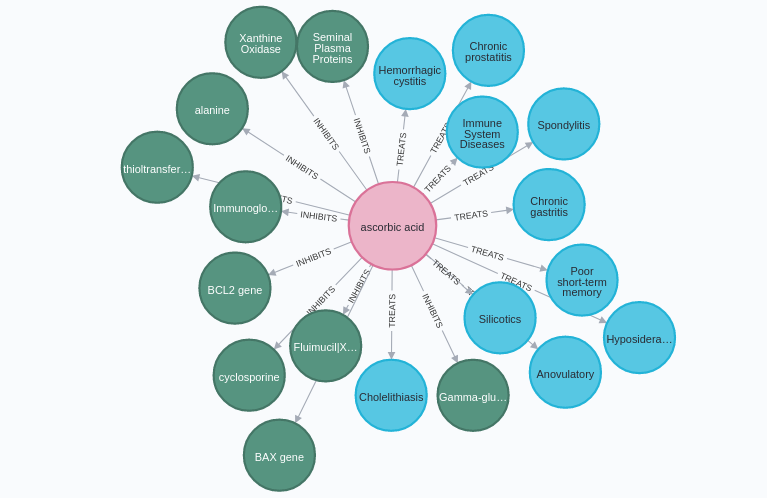
May '23 - Aug '23
Biomedical Entity Linking Survey
Guide: Prof. Cassie Mitchell, Pathology Dynamics Lab, Georgia Tech
Conducted a comprehensive survey of Biomedical Enity Linking (BioEL) models and created a benchmark of uniformly formatted datasets. Published at EMNLP 20203.
Code
Paper
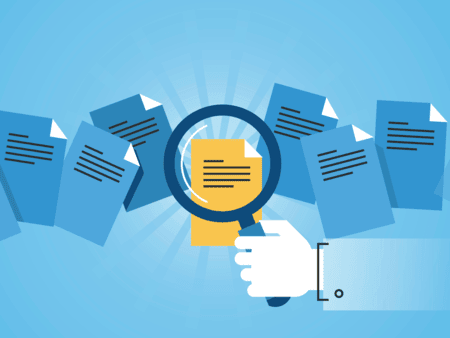
Jan '23 - May '23
Document Filtering for Drug Repurposing and Clinical Meta-Analysis
Guide: Prof. Cassie Mitchell, Pathology Dynamics Lab, Georgia Tech
Involved in the creation of the BioSift Dataset and developed Active Learning based multi-label classifiers for a document classification benchmark. Published at SIGIR 2023.
Code
Paper
Key Projects

Spring '24
Image De-noising with Perona Malik (Anistropic) Diffusion
Exploring anisotropic methods, particularly the Perona-Malik Diffusion approach, for effective image denoising by preserving crucial details like edges and corners.
Code
Report
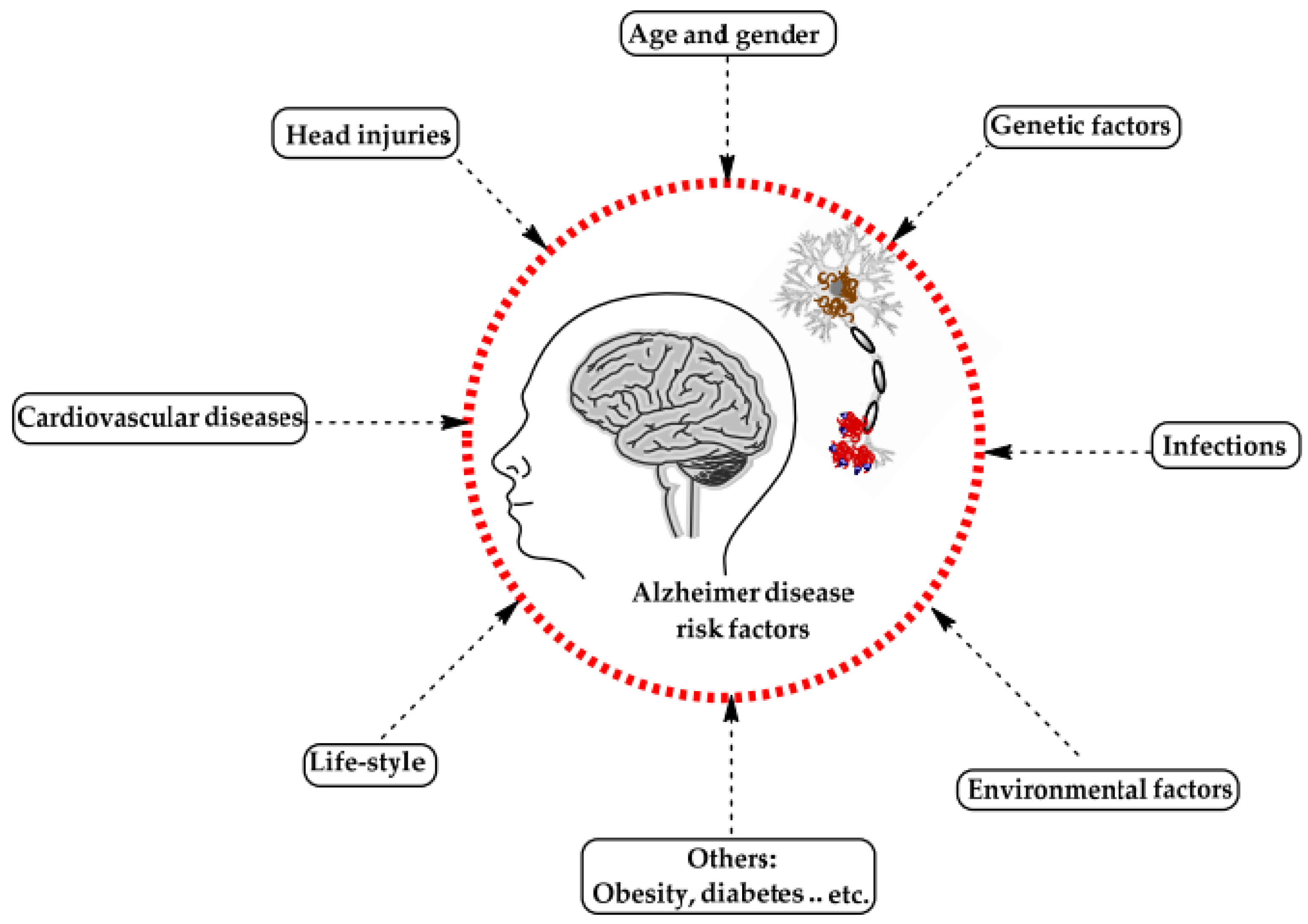
Spring '23
Multimodal Classification for Alzheimer's Disease Diagnosis and Progression Prediction using Deep Learning
Leveraged a 3D CNN model based on RESNET for Alzheimer’s disease predction from MRI and PET images. For the task of the progression, Bi-LSTM is used predict the risk of a Alzheimer’s disease over a period of time.
Code
Report
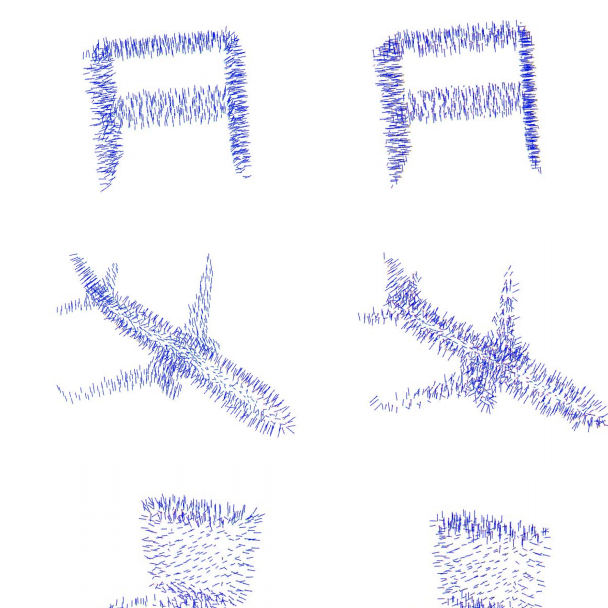
Spring '23
Efficient Deep Learning Aspects for Classification of 3D Point Cloud Data
investigate real-time 3D point cloud classification emphasizing the advantages of models like DGCNN over basic models like PointNet and offering insights for future research in model development.
Code
Report

Fall '22
Depression detection through Audio, Visual & Textual Data
Leveraged Clinical interview information like Audio, Video and Text information, and programmed a multi-model depression detection model using SVM, CNN, LSTM.
Code
Report

Fall '22
Personalized Hotel Finder with Customer Reviews
Created a personalized hotel recommendation system considering user preferences for price, food, and ambiance. Extracted Noun-Adjective pairs from 515k hotel reviews using pretrained models like BERT and Spacy.
Code
Demo
Report

Spring '22
Chatbot Application using DialoGPT
Designed a chatbot application based on pre-trained model, DialoGPT, and fine-tuned using Proxiaml Policy Optimization (PPO).
Code
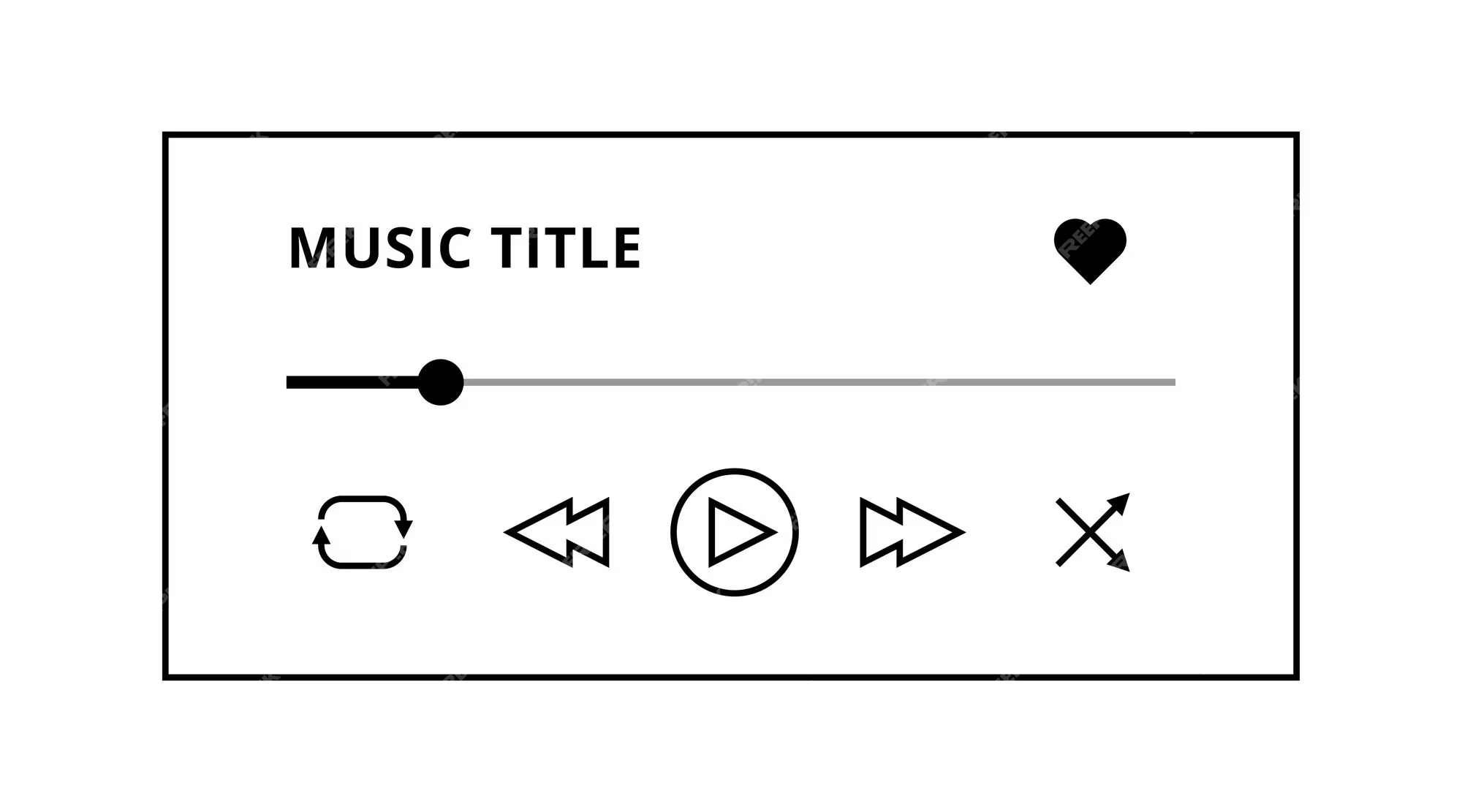
Fall '21
Music Title Recommendation System
Implemented a music recommendation system with Exploratory Data Analysis, Content-Based, Memory-Based, and Model-Based approaches, including AutoEncoder with Restricted Boltzmann Machines for enhanced predictions.
Code

Spring '21
Topic-Classification-for-NewsGroup-Articles
Implemented a newspaper group classifier using techniques from Machine Learning Techniques for Text by Nikos Tsourakis. Employed PCA, LDA for dimensionality reduction, and achieved 90% accuracy with Random Forest. Notably, KNN accuracy improved from 20% to 89% with PCA.
Code

Spring '20
Email Spam Classifier
Implemented a spam classifier using SVM and Naive Bayes, with SVM achieving 92% accuracy.
Code